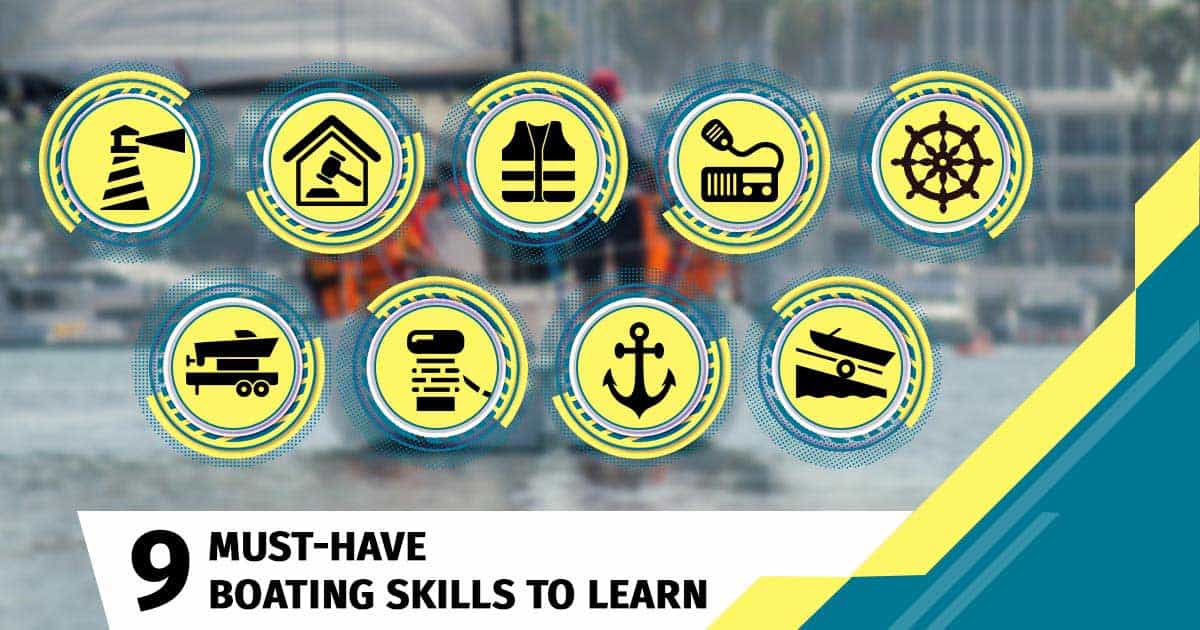Like Our Page :
Sea Safe Boat School
Arran
0429 146 201
Like Our Page :
Sea Safe Boat School
Arran
0429 146 201

Boating skills are important for anyone who wants to operate a boat. Boat handling skills help you navigate safely in different water conditions and avoid obstacles. Learning boating skills also help you understand how to operate the different controls on a boat, and how to maintain the vessel properly.
In addition, boating skills can also give you the confidence to handle emergencies should they arise. Whether you’re planning to go boating for recreation or competition, learning the proper boating skills is essential. By doing so, you’ll be able to enjoy your time on the water while staying safe.
There are many different boating aids available, and each one has its purpose. Some of the most common boating aids include:
By familiarising yourself with these boating aids, you can ensure that you’re prepared for anything while out on the water.
Going out on a boat can be a great way to relax and enjoy the outdoors, but it’s important to know how to load a boat properly. Improper loading can lead to instability and even capsizing. Following these guidelines will help you load a boat safely and prevent accidents.
Knowing how to load a boat properly is an essential skill for anyone who plans on spending time on the water. Here are some tips for loading a boat safely:
Anyone who plans on operating a boat should take the time to understand the relevant boating regulations. These regulations are designed to promote safety on the water and protect the environment.
Failure to comply with boating regulations can result in significant penalties, including fines and the loss of boating privileges. In addition, understanding boating regulations can help to prevent accidents and injuries.
Docking is the process of tying up a boat to a pier, dock, buoy, or any fixed object in the water. It is an essential skill for any boater, and it is important to know how to dock safely and securely. There are a few different docking techniques that can be used depending on the situation.
There are a few things to keep in mind when launching a trailer. First, make sure that the boat is properly secured to the trailer. Second, drive slowly and evenly into the water.
If the trailer starts to wobble, stop and readjust the boat. Finally, once the boat is in the water, remove the tie-downs and release the brakes on the trailer.
If your boat runs aground, don’t panic. First, assess the situation to see if there is any immediate danger, such as a fast-moving current or high waves. If it is safe to do so, try to push the boat off the sandbar or shallow area using a long pole.
You can also try to kedge the boat off by anchoring a line from the boat to a solid object on shore and hauling on the line. If all else fails, you may need to wait for high tide to float the boat off the ground.
When it comes to anchoring your boat, there is more to it than simply dropping the anchor overboard. If you don’t know how to set your anchor properly, you could find yourself in a dangerous situation.
While many boaters enjoy the tranquillity of being out on the open water, it’s important to remember that there is also a lot of commercial traffic on most bodies of water. Knowing how to boat in commercial traffic is essential for staying safe on the water. Commercial vessels are often much larger than recreational boats, and they can generate a lot of waves.
This wake can easily capsize a smaller vessel or swamp it with waves. In addition, commercial vessels often have limited visibility, so it’s important to stay out of their blind spots.
VHF radios are a vital piece of equipment for anyone who spends time on the water, whether for recreational purposes or commercial use. In an emergency, a VHF radio can be a lifesaver, providing a way to call for help when mobile phone service is unavailable. Even in non-emergency situations, VHF radios are useful for staying in touch with other boats, checking weather conditions, and obtaining maritime information.
Boating is a great way to enjoy the outdoors, but it’s important to learn how to boat safely. That’s where Sea Safe Boat School comes in. We offer a variety of boat handling course Perth that will teach you the basics of boating, from docking and launching to navigation and safety.
We also offer more advanced courses for those who want to learn more about boating. Whether you’re a beginner or an experienced boater, we can help you learn the skills you need to stay safe on the water. So if you’re looking to learn how to boat safely, be sure to check out Sea Safe Boat School.

Mike Watson, chef instructor of Sea Safe Boat School, has over 35 years of sea-going experience. Starting his maritime journey at 15 in Grimsby, England, he's sailed locations like Iceland and Greenland. Certified as a Master-5 Trainer, Mike is now dedicated to offering courses to those pursuing their recreational skippers ticket in Perth.
Copyright all rights reserved © Sea Safe Boat School. Website by Selling Online Made Simple. Sitemap.